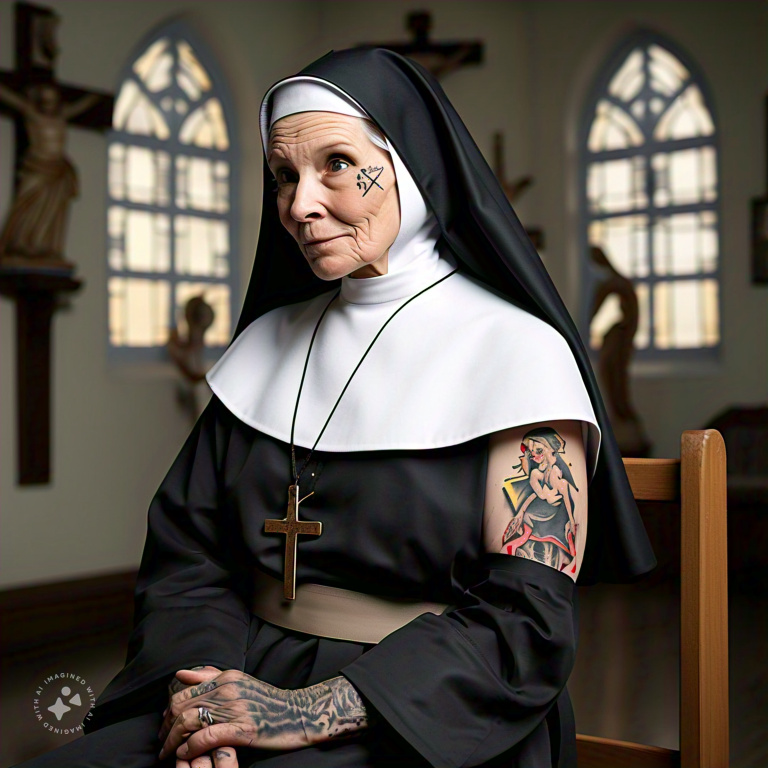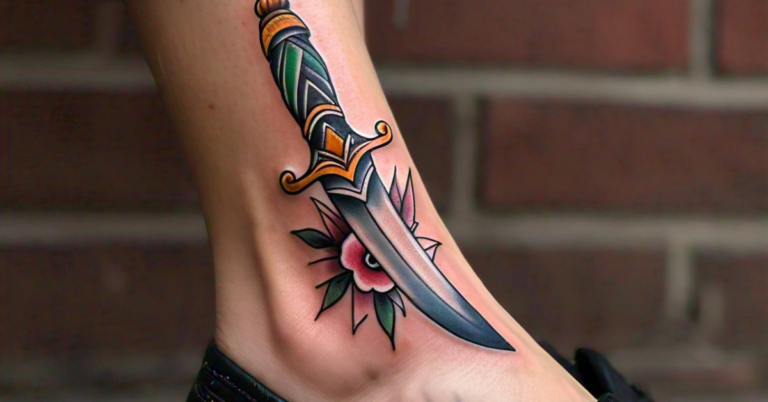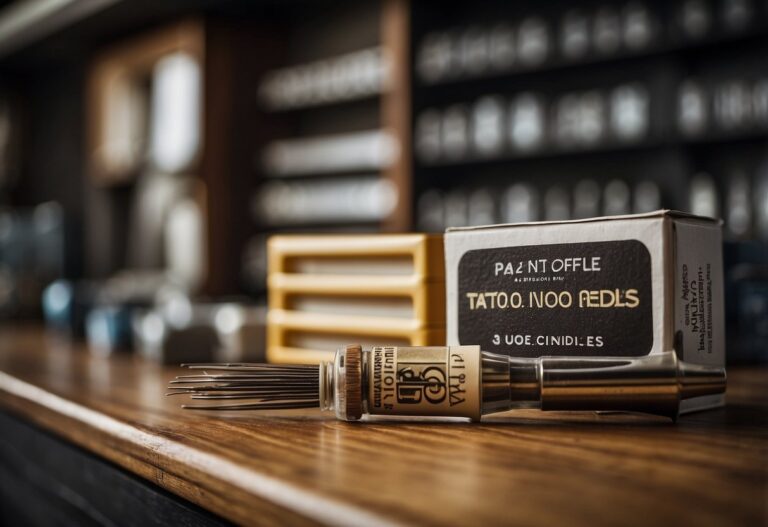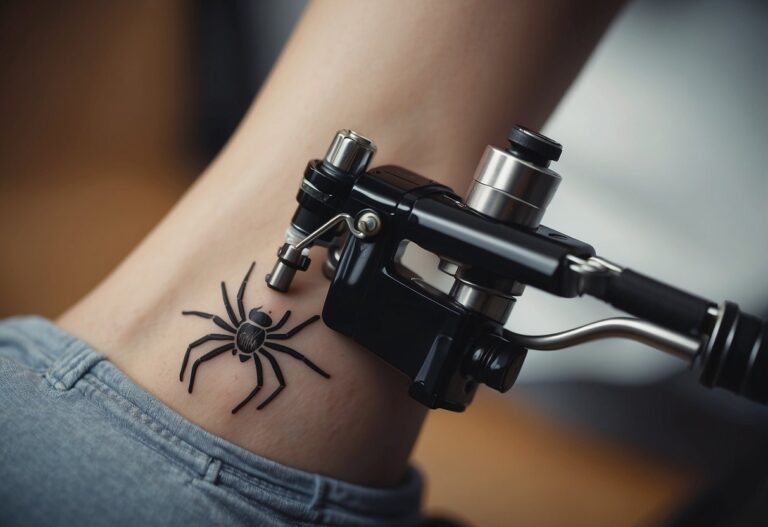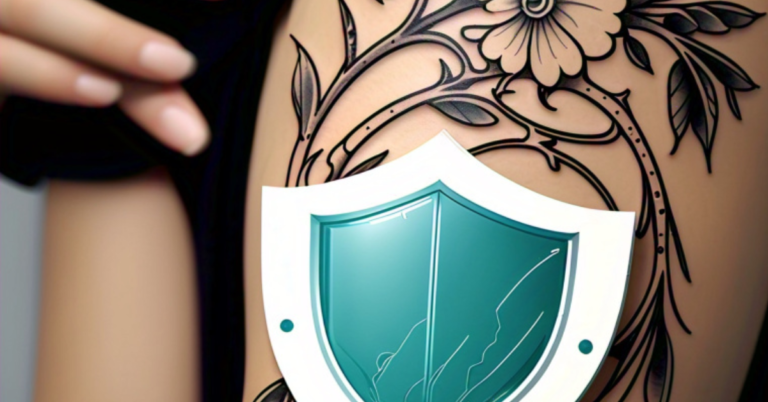Can Nuns Have Tattoos? Exploring Modern Monastic Life
Nuns are often seen as embodiments of religious dedication and tradition. But what happens when this devotion merges with modern self-expression like tattoos? Yes, nuns can have tattoos if they follow the teachings of the Catholic Church. This might come as a surprise to some, but even Pope Francis has shown an open attitude towards tattoos, calling them a way of self-expression and identity.
It’s important to remember that the Catholic Church hasn’t taken a formal stance against tattoos, which leaves room for personal interpretation. Many nuns feel a strong calling to reflect their spiritual journeys through body art. This blending of ancient practice and contemporary expression offers a fascinating insight into how faith and modernity coexist.
You might wonder how this impacts their role within the community. For many, tattoos serve as a reminder of their faith, experiences, and individuality, while still upholding their religious commitments. Just like everyone else, nuns are multi-faceted individuals who sometimes choose to express their spirituality with ink.
Key Takeaways
- Nuns can have tattoos if aligned with Catholic teachings.
- The Catholic Church has no formal ban on tattoos.
- Tattoos can reflect nuns’ spiritual journeys.
Catholic Teachings and Traditions
Catholic teachings and traditions on tattoos can seem complex. They combine ancient scripture with modern perspectives.
Religious Significance of the Body
The body is seen as sacred in Christianity. It is a gift from God that reflects God’s image. Catholics believe it’s essential to treat the body with respect and dignity. 1 Corinthians 6:19-20 emphasizes that your body is a temple of the Holy Spirit. Leviticus 19:28 advises against making marks on the skin, which some interpret as a discouragement of tattoos. However, this can be viewed through many lenses. Pope Francis has acknowledged tattoos as a form of self-expression, which has opened a more accepting view within the Church. Still, the images chosen for tattoos should align with Christian values.
Historical Views on Tattoos in Christianity
Historically, tattoos have been seen differently within Christianity. Early Christians often viewed tattoos negatively due to associations with pagan rituals. During medieval times, tattoos were often linked to criminality or other social outcasts. Despite these negative views, some Christian groups used tattoos as religious symbols. Crusaders, for example, got tattoos of crosses to ensure a Christian burial if they died in battle. Recent years have seen a shift. Tattoos have become more accepted, especially when they signify faith, such as religious symbols or scripture verses. This change is partly due to evolving Church views, as represented by Pope Francis, who has shown a more modern approach.
Personal Experience and Community Responses
Navigating the relationship between personal faith and self-expression can be a complex journey. This section explores how nuns personally experience the decision to get tattoos, the feedback they receive from their communities, and varying religious perspectives on the matter.
Navigating Personal Faith and Self-Expression
For some nuns, tattoos are a way to embody their spiritual journey visibly. You might wonder, does this clash with their vows?
Pope Francis himself acknowledged that tattoos can be a form of self-expression. He gave Catholics the green light for tattoos in 2018, suggesting they can reflect one’s faith and identity. Nuns, like other Catholics, may see tattoos as a sign of personal dedication.
Many find that tattoos strengthen their commitment by serving as constant reminders of their vows and faith.
The Role of Community and Religious Guidance
Community and guidance from the church play significant roles in a nun’s decision to get a tattoo. Nuns consult their diocese or religious community leaders for advice.
Approval can vary by region and community. Some communities, especially in more traditional areas, might be more conservative. If you are in such a community, discussing your intentions with your religious advisors is crucial. Their wisdom helps align personal choices with community values.
Modern Catholic communities are increasingly accepting, seeing tattoos as a potential sign of devotion rather than rebellion.
Global Religious Perspectives on Tattoos
Religious viewpoints on tattoos differ worldwide. For instance, Orthodox Judaism generally prohibits tattoos, viewing the body as a sacred creation not to be altered. Contrastingly, in Hinduism, tattoos can hold spiritual significance, representing deities or religious symbols.
Islamic teachings often discourage tattoos, but interpretations can vary. In Coptic tradition, tattoos symbolize belonging and can be traced back centuries, especially in the Holy Land like Jerusalem and Loreto.
Understanding these diverse perspectives helps underscore how cultural and religious contexts shape attitudes toward tattoos in religious communities.
Modern-Day Discernment and Catholicism
Today’s nuns face the task of balancing tradition with modern practices. Discernment is key. It involves deep reflection on how personal actions align with faith.
Polls within the Catholic community show a growing acceptance of tattoos. They are increasingly seen as an extension of one’s spiritual and personal identity.
If you are considering getting a tattoo, personal discernment involves prayer, consultation, and self-reflection. Your decision should aim to honor your faith commitments while embracing your individuality.

